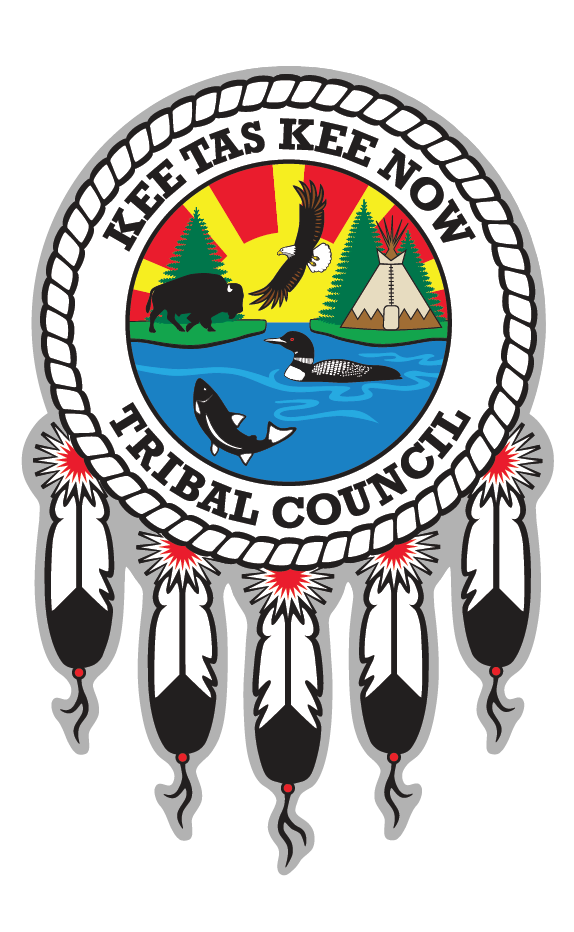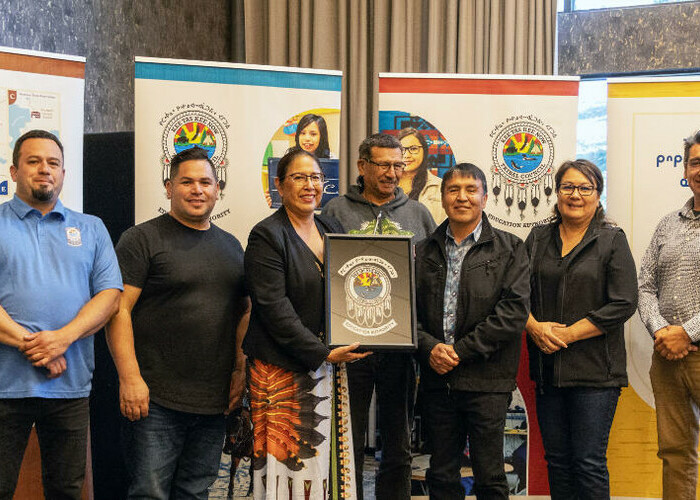Kee Tas Kee Now Tribal Council Education Authority (KTCEA) is responsible for the administration of Kindergarten to Grade 12 education in four Cree First Nations that form the Kee Tas Kee Now Tribal Council (KTC) in north-central Alberta.
Our schools provide a quality education that ensures nîhiyâwîwin ways thrive through Cree language and land-based learning.
KTCEA was established to ensure that students in Loon River First Nation, Lubicon Lake Band, Whitefish Lake First Nation #459, and Peerless Trout First Nation receive a K-12 education within their communities that is responsive to their unique needs. We serve 1100 students across a geographic territory of 8200 square kilometres.
Our Vision
ᓀᐦᐃᔭᐤ ᑭᐢᑭᓄᐦᐊᒫᑫᐏᐣ ᓇᑲᒉᐏᐣ
nîhiyaw kiskinohamâkîwin nakacîwin
Excellence in Indigenous Education
Our Mission
We honour the vision of our Elders and leaders by coming together as one single authority responsible for the education of our children. Education is the legacy we collectively leave for present and future generations.
Our strength is the richness of our land and the uniqueness of our language, history, identity, and ways of being. Working closely with the members of the community, we are committed to ensuring traditional teachings are nurtured so that students know who and have pride in who they are.
Our actions and decisions are centered on what is best for students. We value holistic learning environments that promote respect, discipline, belonging, goodness, love, and encouragement. Our schools foster student success, well-being, and lifelong learning.
Accomplishing Our Mission
To accomplish our mission, KTCEA is tasked with:
- Strengthening nîhiyâwîwin (Cree) in our schools.
- Developing resources and course that reflect diverse Indigenous and community perspectives.
- Focusing on student retention, attendance, literacy, numeracy, and teacher retention.
- Improving student well-being through nutrition, athletic programs, mental health supports, and land-based learning.

